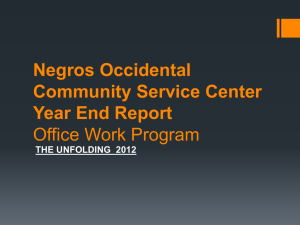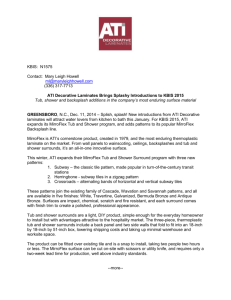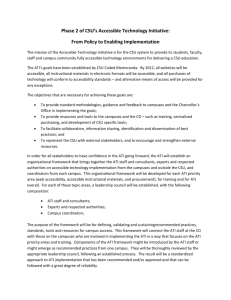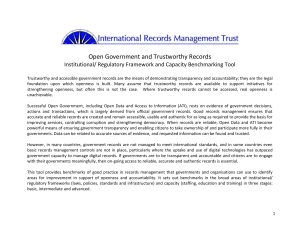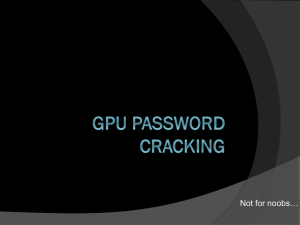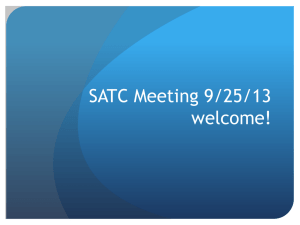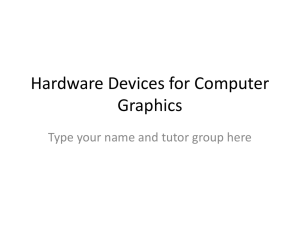ati
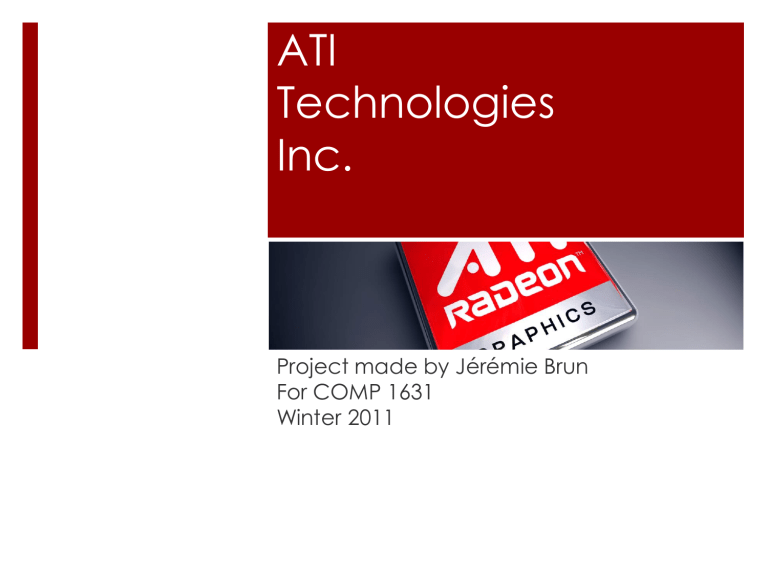
ATI
Technologies
Inc.
Project made by Jérémie Brun
For COMP 1631
Winter 2011
Table of content
Introduction
Facts
Founder
The Birth of ATI
Products
Ruby
Competitors
Fusion
References
Introduction
ATI Technologies Inc. was found in
1985 (as Array Technologies Inc.).
Kwok Yuen Ho. Although it’s main products are graphics processing units, ATI also makes :
• Personal computer platforms and chipsets
• Multimedia and digital TV products
• Console Graphics products
• Handheld chipsets
• High performance computing
Facts
ATI is a subsidiary of AMD
It’s main headquarter is located in Markham,
Ontario.
The president of the company is Adrian Hartog and the vice president is Rick Bergman.
It is a semiconductor type of industry.
In 2006, AMD acquires ATI to create a new, innovative processing powerhouse.
Kwok Yuen
Ho
Founder
Ho, ATI’s founder was born in 1950 in
China to a wealthy family. However, his family became poor. Ho spent his early years in life peddling vegetables. His father had to go work in a factory in Hong Kong, sending money to his family when he could. In 1962, the family was together again in a one-room flat in Hong-Kong.
He attended National Cheng Kung
University and graduated from there with a bachelor’s in Electrical Engineering in 1974.
He had several jobs related to his field of studies such as Control Data Systems, Philips
Electronics, and National Semiconductor. He then went on to be general manager at
Wong’s Electronics Co. Ltd., a pc manufacturing and assembly house. He then immigrated to Canada in 1984, where he had trouble finding a position comparable to what he had in Hong-Kong.
The birth of ATI Technologies
Inc.
With the help of two other Hong-Kong immigrant,
Benny Lau and Lee Lau, Ho started the company focusing on graphic cards.
They had trouble at first, with only their life savings for money and no computer manufacturers were willing to make business with them. After three months, the had no more money.
The Overseas Union Bank of Singapore loaned them 300,000$ but was later increased to 1.5 million.
The birth of ATI Technologies
Inc.
Their company was still in trouble. They needed one design to be able to continue to run the company.
Their first big break came later on in the year when Commodore signed on. They were ordering 7, 000 chips a week. They began to make profit and by the end of the year, ATI had
10 million in revenues.
Products
Graphics processing units: ATI has had a number of graphics processing units. Its most recent is the Radeon series. It first launched in 2000 and was made for consumers who wants 3D accelerator add-in cards. ATI is currently working on EyeFinity and EyeSpeed. EyeFinity consists of 6 monitors connected together to allow surround-screen panoramic. EyeSpeed allows you to experience games with true-to-life actions.
Personal computer platforms and chipsets: The first chipsets ATI invented was IGP 3x0, Mobility Radeon 7000
IGP. It included a DirectX 7-level 3D graphics processor.
Their latest products are the AMD 800 chipset series.
Products
Multimedia and Digital TV Products: ATI has a All-in-
Wonder series which is a series of multimedia graphics cards that incorporates TV tuner and Radeon graphics cards all in one. This was discontinued but later relaunched as All-In-Wonder HD in 2008.
ATI also made TV tuners and a wireless remote control series for ATI multimedia products.
Console graphics products: One of ATI’s console graphics products is Flipper. This contains a 3D accelerator developed by ArtX. Flipper is used in the
Nintendo GameCube. Another product of ATI is Xenos, which is used in Microsoft's Xbox 360. The third product is
Hollywood. Hollywood is part of the Nintendo Wii.
Products
Handheld chipsets: The first handheld chipset by ATI, called Imageon, was introduced in 2002. It brings 2D and 3D graphics to handheld devices, like cellphones.
Their second product, called Imageon TV, was announced in 2006. Imageon TV allows handheld products to receive digital broadcast TV signals.
High Performance Computing: Started with ATI
Firestream, but later rebranded as AMD Stream
Processor. It utilize the stream processing concept, together with Close to Metal hardware interface.
ATI’s fictional character : Ruby
In 2003, ATI was working on a demo to show the public just how much their graphics hardware were strong and they needed a story to prove. Ruby came along in the picture.
Ruby
In order to developed storyboards for the plot and script, ATI worked with their own FireGL workstation graphics accelerators and Alias Maya 3D graphics software. They also collaborated with RhinoFX.
To make Ruby look as human as possible, they held auditions. The actors auditioning had to perform martial arts moves that would be digitized through a capture system.
Working with the motion capture data, animators began to rig skeletons to represent the story’s characters.
ATI’s competitor : NVidia
ATI and NVidia have been competitor for a long period of time.
Although NVidia has been known for better prices, ATI provides better quality graphics cards. Another big difference is that ATI’s graphics cards are used in Microsoft's Xbox 360 while NVidia's graphics cards are used in Sony’s PlayStation 3.
Fusion
In 2006, Advanced Micro Devices(AMD) took over ATI and merged the two companies together. It still remained AMD but with ATI’s technology in their products. They called their first product Fusion. They merged a CPU and GPU on some of their chips, thereby eliminating the requirement of a Northbridge chip completely from the motherboard. In august 2010, they announced that they will retire the ATI brand and go only with
AMD.
References
http://www.firingsquad.com/features/atihistory/
http://www.amd.com/us/aboutamd/corporateinformation/Pages/timeline.aspx
http://www.squidoo.com/nvidia-vs-ati
http://en.wikipedia.org/wiki/ATI_Technologies
